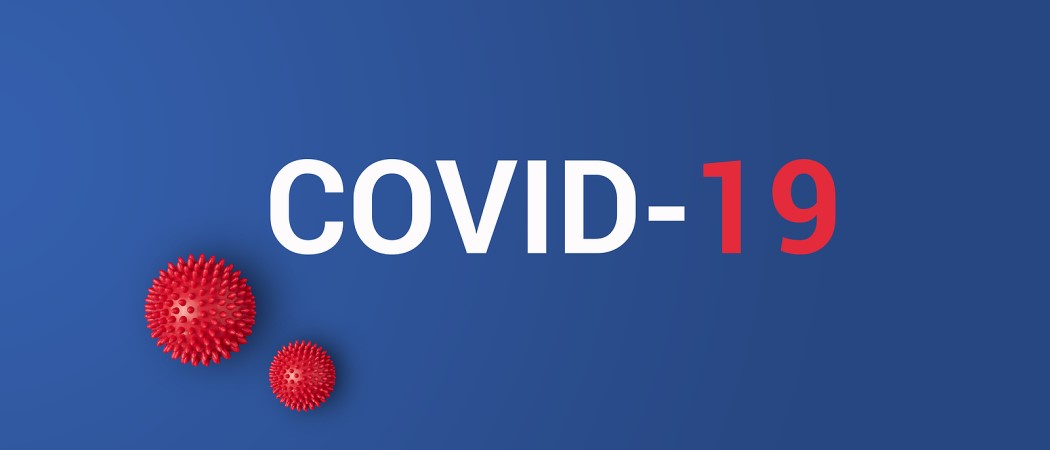This blog has been archived. A new one has been set up at this link.

The US National Institutes of Health (NIH) and the Foundation for the NIH will work together with more than a dozen biopharmaceutical companies to speed up COVID-19 vaccine development and treatments, in a public-private partnership, Accelerating COVID-19 Therapeutic Interventions and Vaccines. This will ensure there is a collaborative framework to provide infrastructure, expertise and/or funding to push forward the most promising vaccine candidates into clinical trials.
The UK is setting up a vaccine task force to expedite and co-ordinate efforts to research and then manufacture a coronavirus vaccine. The task force will coordinate support for the discovery of potential coronavirus vaccines by working with the public and private sector, rapidly mobilising funding, supporting leading academics, identifying ways to fast-track clinical trials and work with companies to manufacture any resulting products. In parallel, there will be a review of regulations to facilitate rapid and safe vaccine trials and work to develop operational plans for the procurement and delivery of vaccines.
MIT Solve, an initiative of the Massachusetts Institute of Technology, is looking for tech-based approaches to tackling the coronavirus crisis. The call for proposals is directed towards immediate concerns such as improving individual hygiene, developing low-cost rapid diagnostics, analysing data to inform decision making, and providing tools to support and protect health workers. Research teams, organisations or individuals anywhere in the world can apply. Application deadline: 18 June.
Data from 500,000 UK Biobank participants is to be provided to researchers through Public Health England. The information will include results for any Biobank volunteers who have been tested for COVID-19, primary care data, any hospital treatment received, and any deaths. The Biobank holds blood samples, genomic data, scans and medical records of its volunteers, who were are 40 – 69 and of good health when they were recruited.
The British Science Festival has fallen victim to the coronavirus and will be postponed from September 2020 until September 2021. The meeting was to be held at Anglia Ruskin University in Chelmsford, but the current lockdown measures have made it too difficult to organise the large scale event. In its 189-year history, the festival has only been postponed on a handful of occasions, in 1917 and 1918 during the first world war, and during the second world war from 1940 – 1945.
Finland is joining the Coalition for Epidemic Preparedness Innovations (CEPI) and the International Vaccine Institute (IVI), after announcing on 12 March that it would donate €5 million to international efforts to develop a vaccine against COVID-19. Membership of the two organisations gives Finland the opportunity to influence work that is going on worldwide to produce a vaccine, with CEPI and IVI backing a number of programmes, including vaccine candidates now in phase I tests in human volunteers. In addition, Finland will be involved in discussions about ensuring equity of access to any vaccines that successfully complete clinical trials and are approved. Of the €5 million, €4 million will go to CEPI, €1 million to IVI.
The pan-European hackathon taking place from 24 – 26 April is now open for registrations. The hackathon will build on previous national events, to gather ideas for addressing problems related to health, business continuity, remote working and education, social and political cohesion and digital finance, arising as a result of the COVID-19 pandemic. All 27 EU member states, plus Norway, Israel, Switzerland, Turkey, Ukraine and the UK are invited to participate. Winners of #EUvsVirus will get support from the European Innovation Council’s Covid platform, providing links to foundations, investors, health providers and hospitals, and access to funding opportunities from the European Commission.
The Global COVID-19 Clinical Trial Tracker has been launched by clinical trials design specialist Cytel as an open-access platform to provide an overview of clinical studies in progress around the world. The aim is to highlight any gaps, while avoiding duplication, with more than 500 clinical trials of potential COVID-19 therapies currently recruiting globally. The real time tracker has backing from the Gates Foundation.
The European Institute of Innovation and Technology’s health research hub, EIT Health has reorganised its activities to focus on the coronavirus, launching a matchmaking site allowing healthcare experts to post an offer or make a request for assistance. The aim is to map what resources are needed to tackle the virus, in areas ranging from software design support, to home monitoring and decontamination services. One member of EIT Health, Ares Genetics, is launching genome sequencing testing services for control and monitoring of COVID-19.
Meanwhile, EIT Health’s counterpart, EIT InnoEnergy has made resources available to help teachers and universities in online teaching and learning. As one example, the ProctorExam supported by EIT Digital, allows universities to securely run exams online.
The Carlos III Health Institute announced grants for four new projects against COVID-19, backing research to visually detect the virus on surfaces, a novel nanotechnology-based diagnostic, using supercomputers for in silico drug discovery and to develop a vaccine. With a total of 15 projects approved, Spain’s COVID-19 fund has allocated €5 million to date.

 A unique international forum for public research organisations and companies to connect their external engagement with strategic interests around their R&D system.
A unique international forum for public research organisations and companies to connect their external engagement with strategic interests around their R&D system.